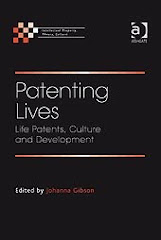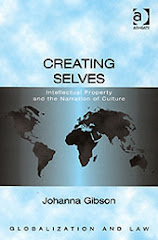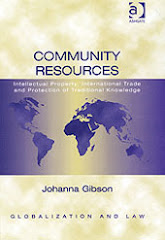At a fringe meeting of the Labour Party Conference in Manchester, the then Minister (p ictured at right) was credited with describing opponents of GM as being "... on a messianic mission. It is almost a religion where there isn’t any science base to it." However, a Jay Rayner writing in Sunday's Observer disagrees: "Benn has hardly been a friend of those who have been calling for an end to all GM experiments."
ictured at right) was credited with describing opponents of GM as being "... on a messianic mission. It is almost a religion where there isn’t any science base to it." However, a Jay Rayner writing in Sunday's Observer disagrees: "Benn has hardly been a friend of those who have been calling for an end to all GM experiments."
 ictured at right) was credited with describing opponents of GM as being "... on a messianic mission. It is almost a religion where there isn’t any science base to it." However, a Jay Rayner writing in Sunday's Observer disagrees: "Benn has hardly been a friend of those who have been calling for an end to all GM experiments."
ictured at right) was credited with describing opponents of GM as being "... on a messianic mission. It is almost a religion where there isn’t any science base to it." However, a Jay Rayner writing in Sunday's Observer disagrees: "Benn has hardly been a friend of those who have been calling for an end to all GM experiments." As the April report of the International Assessment of Agricultural Knowledge, Science and Technology for Development (IAASTD) explains there are new liability concerns for farmers with the advent of GM: "Farmers face new liabilities: GM farmers may become liable for adventitious presence if it causes loss of market certification and income to neighboring organic farmers, and conventional farmers may become liable to GM seed producers if transgenes are detected in their crops." In other words, the revolutionary changes in farming include not only influences upon traditional methods but also a revolution in the way in which farmers interact with their resources as patented materials.
As Rayner's article explains, the debate over GM is a debate not only in science, but also in politics and indeed commercial law. As a consumer issue, it is also a competition issue when intellectual property rights might interfere with access not only for consumers but for the farmers themselves. Noting Monsanto's practices of conscientious pursuit of litigation and the creation of seed "technology packages," the article raises the links between competition and intellectual property. Such packages (or bundling) as discussed earlier in Patenting Lives, are considered by the article to "force farms into a dependence on the company." It is this constraint upon ordinary farming practice that is credited with a breakdown in trust, not only for the technology but also for the commercial re-structuring of traditional farming practices.



No comments:
Post a Comment